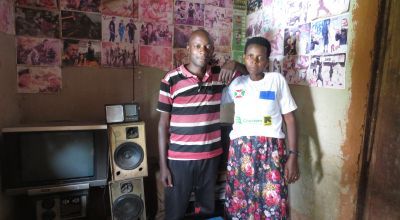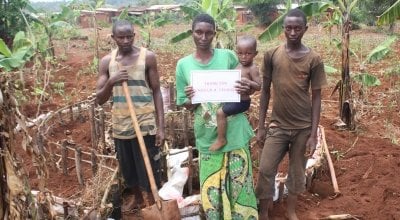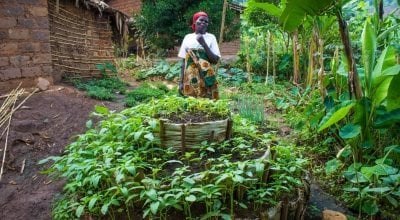
Read our 2024 annual report

Knowledge Hub
Instability in Burundi driving hunger
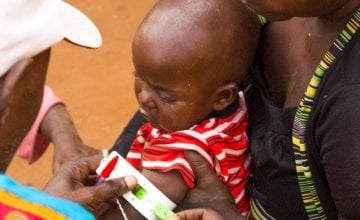
Burundi, one of the world’s poorest nations, has endured a myriad of challenges in recent years. Struggling to emerge from a fifteen year civil war, the landlocked country has experienced high levels of inflation, displacement and food insecurity. And unfortunately, extreme weather conditions in recent times have compounded the challenges facing this central African country.
Farmers in Burundi, who are mostly women, have been dealt a blow by recent El Nino induced extreme weather conditions. Heavy rainfall at the beginning of the year has flooded crops and has severely impacted harvest. Subsistence farmers, who rely entirely on their harvest to feed their families, have been particularly affected and the spoiled harvest has had detrimental impacts on their food and nutrition security.
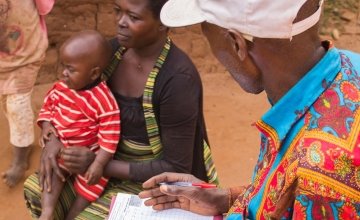
Alarming food insecurity
According to the WFP, food insecurity is at an alarming level in Burundi. Ongoing socio-political instability in the country has left the population vulnerable to malnutrition however the recent El Nino induced heavy rains has pushed the situation to the brink of emergency. This year’s Global Hunger Index reports that over 57% of children under five are stunted as a result of chronic undernutrition and over 8% of children die before the age of five because of a lack of food. The threat of starvation looms in thousands of households across Burundi and unfortunately it is young children who are worst affected.
Nutritional screening
On the ground in Burundi since 1996, Concern is responding to the recent food security challenges. We are providing nutritional screening to mothers and children in the most affected provinces of Cibitoke and Kirundo. The screening aims to identify cases of acute malnutrition at a community level so they can be referred to health centres. It also intends to show mothers how to improve the nutrition of their children and to document the nutritional situation in each of the provinces.
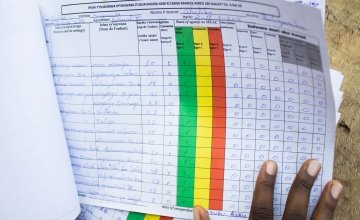
Community health approach
This community health approach is executed by trained Community Health Workers who travel door to door around their local province measuring the circumference of children’s upper arms using a special band. A low score is a clear sign of malnutrition.
In a week, a total of 740 Community Health workers screened over 79 thousand children in Cibitoke province and over 90 thousand children in Kirundo province. And the results were extremely alarming: over 4% of children in Cibitoke and over 7% of children in Kirundo were suffering from malnutrition.
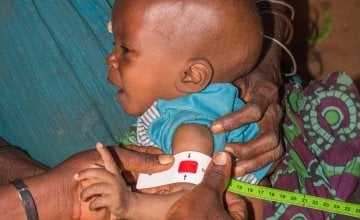
Situation could get worse
The alarming food insecurity in Burundi is threatening the lives of thousands and unfortunately, given the political instability in the country, it is very likely that the already precarious situation will get worse. While Concern and the humanitarian community in Burundi is working closely to prevent the situation deteriorating, more help is needed.
Learn more about Burundi
Read more about Burundi in the detailed case study below.



